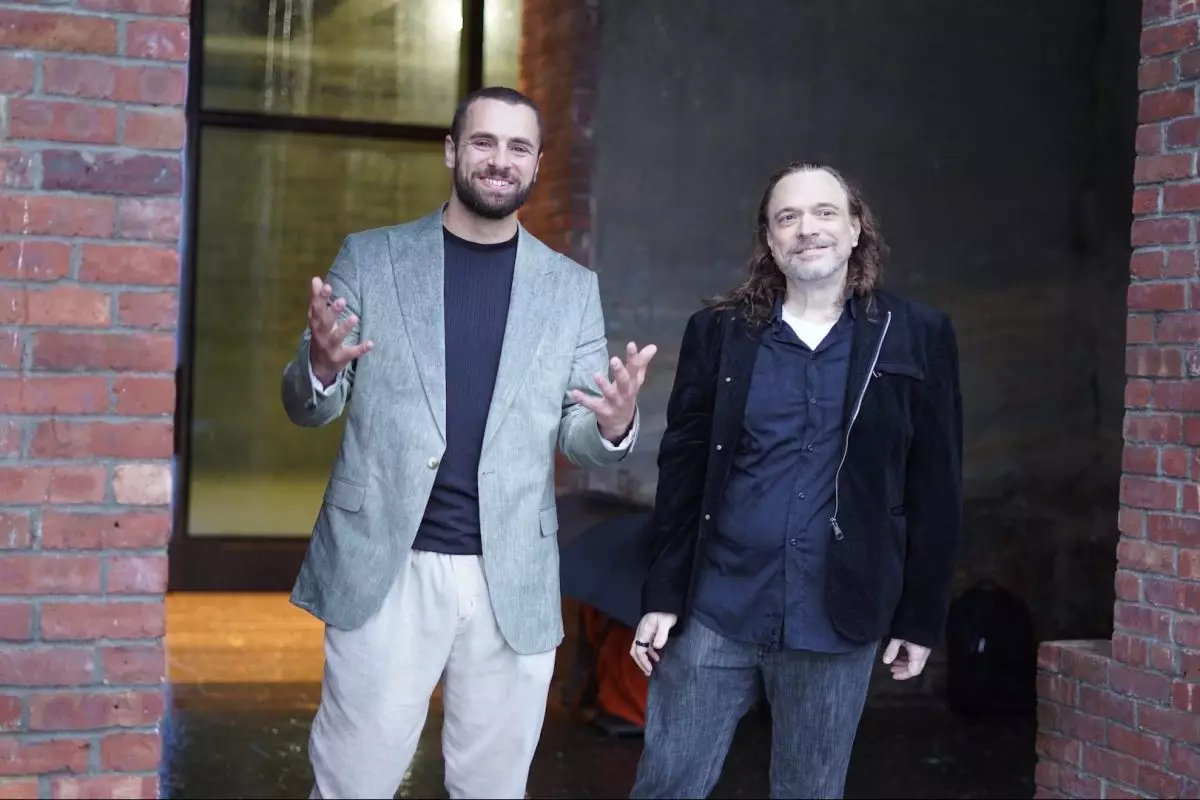The AI industry is constantly evolving, and as more businesses recognize the potential of artificial intelligence, the complexities surrounding its implementation become increasingly apparent. A new contender in this arena, Cake, has entered the fray with an innovative solution aimed at alleviating the difficulties enterprises face when integrating open-source AI tools. Backed by Google’s Gradient Ventures, Cake is poised to reshape how organizations build and manage their AI infrastructure.
At its core, Cake is not merely another tech company; it is a platform that aggregates multiple open-source components into a cohesive, production-ready AI infrastructure. By incorporating over 100 distinct components—from data ingestion tools like Apache Kafka to sophisticated storage solutions such as Milvus or Neo4j—Cake acts as a unifying force that helps businesses navigate the complex landscape of AI technologies. The analogy of a cake, with its various layers representing different aspects of the AI stack, aptly illustrates its mission: to simplify the technical challenges that arise from utilizing a diverse array of tools.
Founded in 2022 in New York by Misha Herscu and Skyler Thomas, Cake has swiftly gained traction, having collaborated with notable clients such as Altis Labs and Ping. The company’s evolution from obscurity to public launch, underscored by a robust $13 million funding announcement, highlights the significance of its offerings. Herscu has articulated this ethos succinctly, emphasizing that the underlying focus has been on development and building robust partnerships rather than seeking immediate publicity.
Misha Herscu’s journey to co-founding Cake is emblematic of the industry’s drive towards innovation. With a background that includes founding a successful AI venture in the medical sector, Herscu’s experiences align perfectly with the challenges that many organizations encounter when working with AI technology. He conducted over 200 customer discovery calls to identify key pain points, revealing a systemic issue: the struggle to harmoniously integrate diverse components within the AI stack. This situation forms what he describes as the “big picture problem,” the very foundation upon which Cake’s solution is built.
Skyler Thomas, the company’s CTO, complements this vision with his extensive background in IT and strategy from his tenure at IBM and Hewlett Packard Enterprise. His insights into enterprise-level challenges further solidify Cake’s commitment to delivering powerful, user-centric solutions. Thomas underscores a critical issue faced by enterprises: the painstaking process of adapting cutting-edge research tools for practical use. Often, the open-source tools emerging from research environments lack the necessary enterprise-ready features, leading to unnecessary complexities in implementation.
Cake’s Value Proposition
In theory, the promise of AI holds immense potential, yet many companies find it challenging to translate that promise into a functional reality. Cake targets organizations that aim to transcend the limitations of standard off-the-shelf products. For example, a financial institution with vast amounts of sensitive data seeking robust natural language query capabilities would benefit significantly from Cake’s ability to streamline and secure the integration process.
Beyond financial services, potential applications for Cake abound. For instance, hospitals could deploy secure systems for sophisticated image analysis, and e-commerce platforms might leverage Cake’s capabilities to enhance recommendation engines. By addressing these varied use cases, Cake represents a comprehensive solution for businesses aiming to harness the power of AI innovation.
A Glimpse into the Future
As Cake positions itself as a leader in the AI infrastructure space, plans for future expansion loom on the horizon. While the current operational model requires clients to host their instances, the potential for a cloud-hosted version is an enticing prospect. Such a model may attract clients with fewer compliance restrictions, enhancing accessibility and convenience. Herscu alluded to this evolution, noting that a controlled cloud environment could simplify operations and enhance integration further.
The recent seed funding serves not just as a financial boost but as a validation of Cake’s vision. With existing partnerships from renowned investors and a clear path towards future growth, the company marks itself as a serious contender in the burgeoning AI ecosystem. Plans for a subsequent financing round indicate an accelerated trajectory toward maturity, reflecting the rapid advancements and interest surrounding AI technologies.
Cake embodies a response to the prevalent challenges enterprises grapple with as they venture into the AI domain. The blend of strategic integration, innovative technology, and a focus on user experience sets the stage for Cake to play a vital role in the AI infrastructure landscape. As businesses increasingly recognize the necessity of tailored AI solutions, Cake stands ready to lead the charge, transforming how organizations engage with artificial intelligence.

